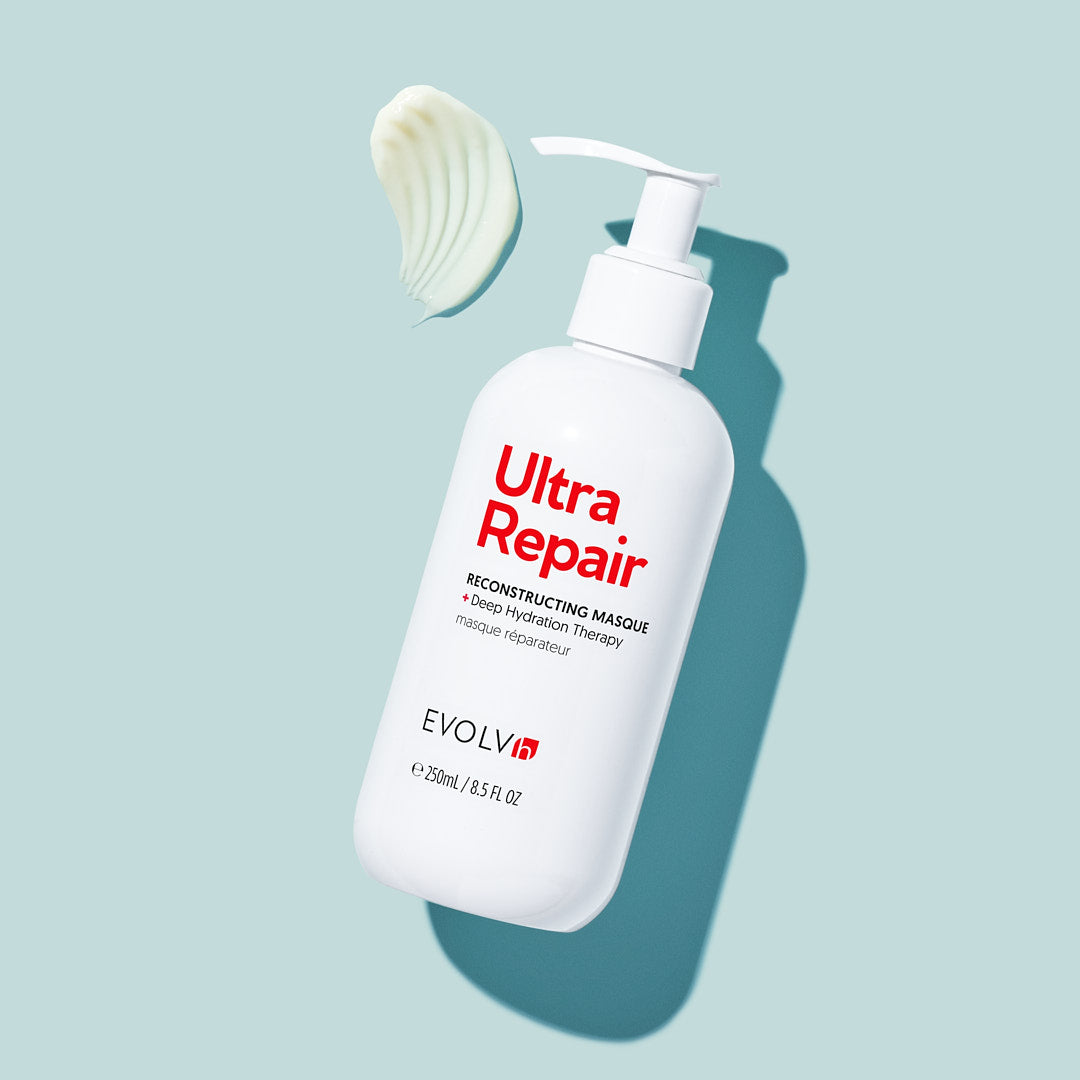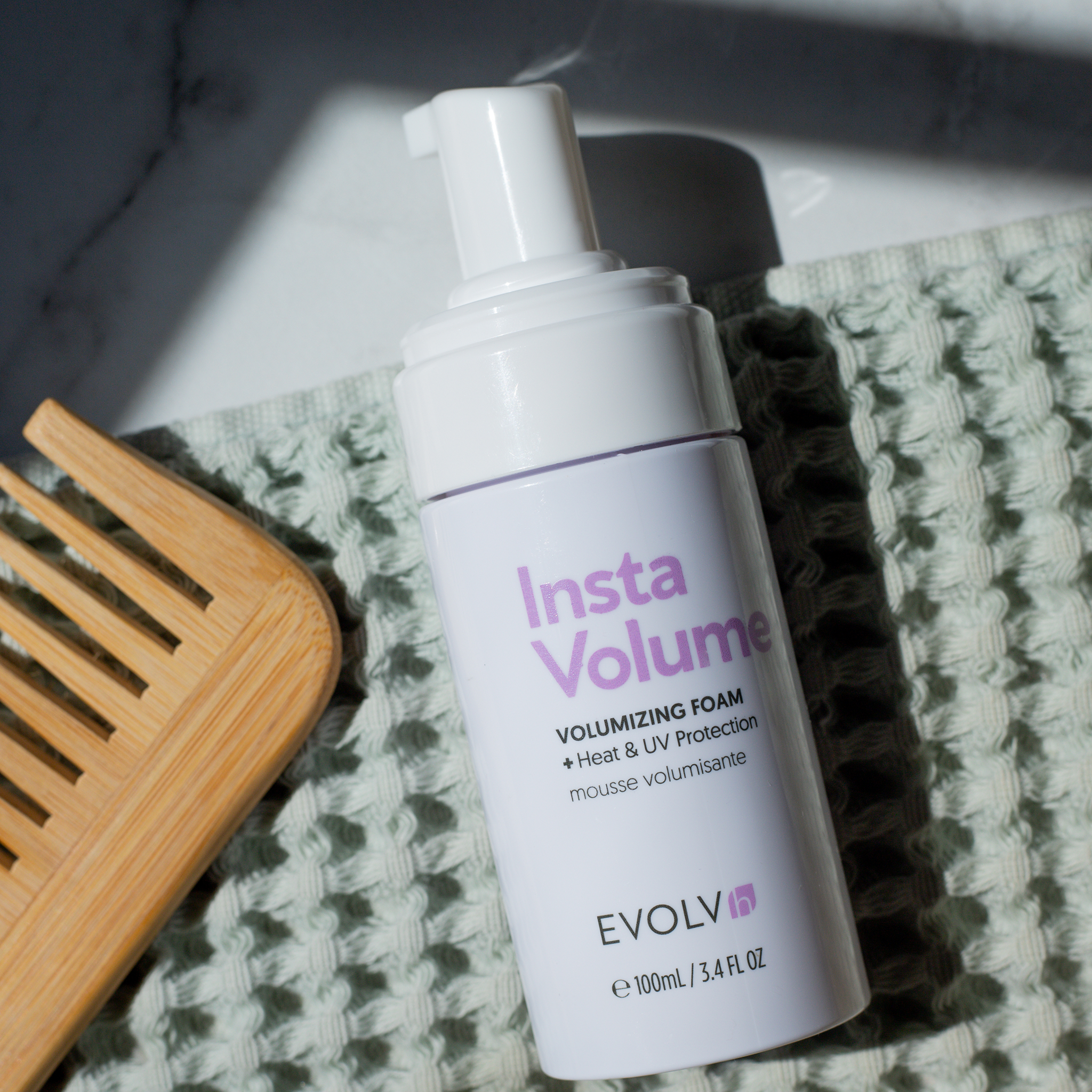The Science Behind Stress-Related Hair Loss

Stress-related hair thinning is a challenge that many people encounter, especially in our fast-paced, demanding world. With the juggling act of work, family, and everyday responsibilities, it’s completely understandable that stress can impact our bodies—our hair included.
How Stress Impacts Thinning and Growth
When life gets overwhelming, your hair can react in a big way through something called telogen effluvium. Don't let the fancy term intimidate you—it simply means that stress can push a lot of your hair follicles into a "time-out" phase. This leads to more hair falling out than usual, which you might notice as thinning.
What Triggers It?
It's not just work deadlines or traffic jams that can cause this. Your hair might react to:
- Physical stress (think surgery or illness)
- Emotional rollercoasters (like relationships or work)
- Hormonal changes (hello, pregnancy or menopause!)
- Not getting the right nutrients
Remember, your body is incredibly interconnected. When you're stressed, it affects everything. But don't worry! Understanding this connection is the first step to healthier hair and a calmer you.
Types Of Stress Related Hair Loss
Telogen Effluvium: The Common Culprit
Imagine your hair deciding to take an unexpected vacation. That's essentially what happens with telogen effluvium, the most frequent type of stress-induced hair loss.
Here's what's going on:
- Stress pushes your hair follicles to hit the pause button prematurely.
- Result? You might notice more hair on your brush or in the shower drain.
- The good news? It's usually temporary and affects your whole scalp evenly.
Alopecia Areata: When Your Body Turns Against Your Hair
Sometimes, stress can cause your immune system to get a bit confused:
-
It might start attacking your hair follicles, thinking they're the enemy.
-
This can lead to patchy hair loss that might come and go.
-
While it can be distressing, remember that treatments are available.
Trichotillomania: When Stress Leads to Hair-Pulling
This one's a bit different and tied closely to mental health:
-
Some people cope with stress by pulling out their own hair.
-
It's not just a bad habit, but a recognized impulse control disorder.
-
The good news? With the right support, it can be managed effectively.
Identifying Stress-Related Hair Loss
To determine if hair thinning is stress-related, look for increased shedding, sudden or patchy hair loss, and changes in hair texture. Consulting a dermatologist can help in diagnosing the condition and ruling out other potential causes such as genetic factors or underlying medical issues.
Effective Stress Management for Healthier Hair
Managing stress is essential not just for your overall well-being, but also for maintaining healthy hair. Here are some effective strategies to help you keep stress in check and support your hair health:
-
Reduce Stress: These practices help calm your mind, allowing you to better manage stress levels.
- Enhance Focus: Regular meditation can improve your concentration and emotional resilience, which can positively impact your hair health.
Physical Activity
Don’t underestimate the power of movement:
-
Boost Endorphins: Exercise releases feel-good hormones that elevate your mood and reduce stress.
- Improve Circulation: Physical activity enhances blood flow to the scalp, delivering essential nutrients that promote healthy hair growth.
Balanced Nutrition
What you eat plays a crucial role in how your hair looks and feels:
-
Nourish Your Hair: A diet rich in vitamins and minerals is key to supporting hair health. Look for additional support from the inside out by including a growth support supplement like our Better Roots RootBoost Complex –
one daily capsule ensures you're not deficient in any key nutrients essential for healthy hair and boosting hair regrowth potential.
- Focus on Key Nutrients: Incorporate foods high in biotin, vitamin D, and omega-3 fatty acids. These nutrients are known to strengthen hair and encourage growth. Our blog post The Best Foods For Healthy Hair is a great place to start.
By adopting these stress management techniques, you can foster a positive cycle that enhances both your mental well-being and your hair health. To further elevate your hair care journey, consider integrating a nourishing scalp care routine with our Better Roots Collection. This line is specifically designed to support healthy, thriving hair from root to tip. Remember, even small changes can lead to significant improvements over time.



